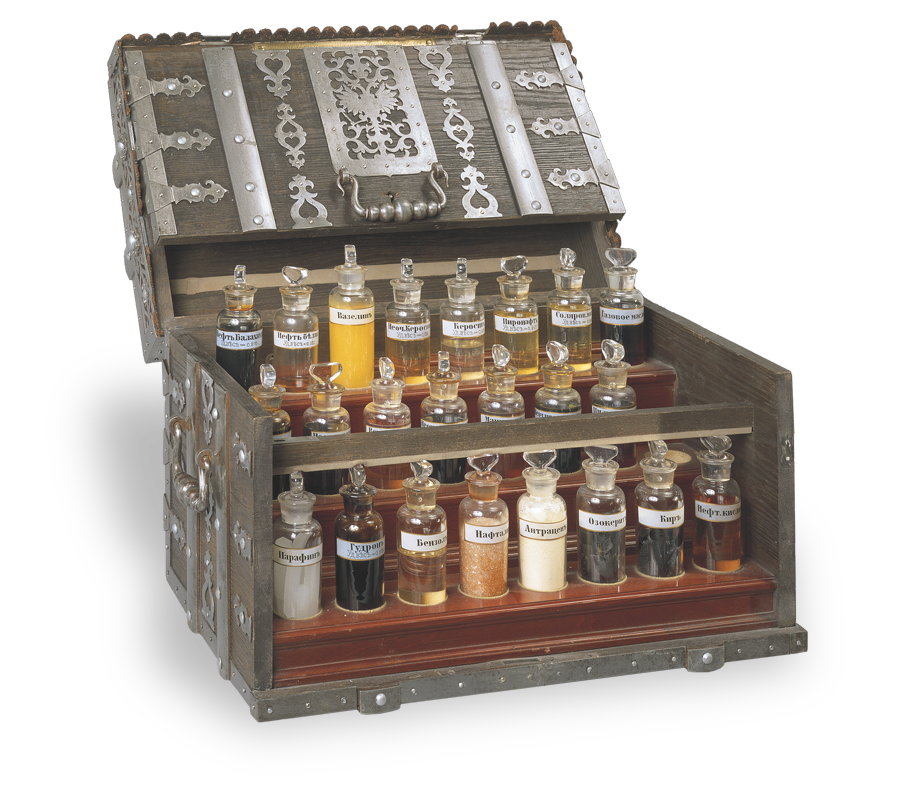During the training process, students get acquainted with technologies for processing natural energy carriers, physico-chemical methods for analyzing hydrocarbon raw materials, as well as methods for cleaning gas emissions and effluents from oil refining enterprises. They gain the ability to organize independent and collective research work, develop plans and programs for scientific research and technical development, and develop tasks for performers. Students learn how to use modern instruments and techniques, organize experiments and tests, conduct their processing and analyze their results. They gain the ability to find optimal solutions when creating products, taking into account the requirements of quality, reliability and cost, as well as deadlines, life safety and environmental cleanliness. They also learn how to carry out technological and technical calculations for projects, feasibility and functional-cost analysis of project effectiveness. Our graduates familiarize with building and using mathematical models to describe and predict various phenomena, to carry out their qualitative and quantitative analysis, and to use application packages when performing design work.
Students can undergo a parallel training at foreign partner universities with the issuance of internationally recognized diplomas;
Students have the opportunity to receive an additional scholarship based on the results of active and efficient scientific activities;
This sphere is very popular in the market of specialized personnel with in-depth knowledge of the characteristics of the technology for processing natural energy carriers;
During training at St. Petersburg Mining University, it is possible to engage in scientific activities at the university laboratories, and participate in various competitions of scientific works;
The approach to training is of a very high quality and has a serious theoretical base on the technology of processing natural energy carriers; in the learning process, modern methods are used along with the state-of-the-art software; and this allows to master the essential theoretical and practical skills.
Graduates of this program get jobs in leading companies in the fuel and energy complex, design institutes, research institutions, oil and gas refineries and plants, chemical laboratories, government bodies, etc. as engineers, process engineers, design engineers, plant operators, chemical analysts, etc.
